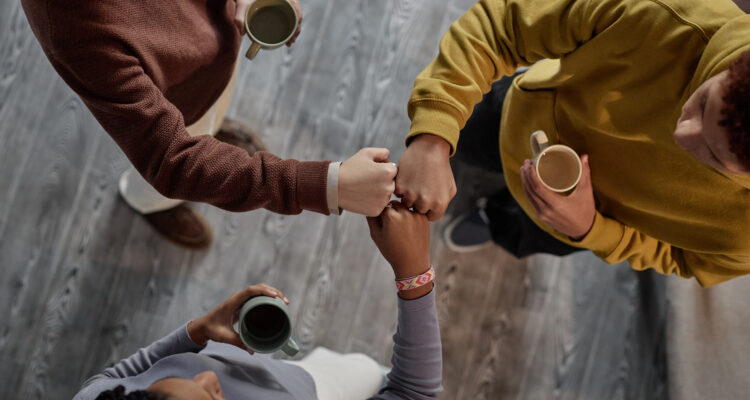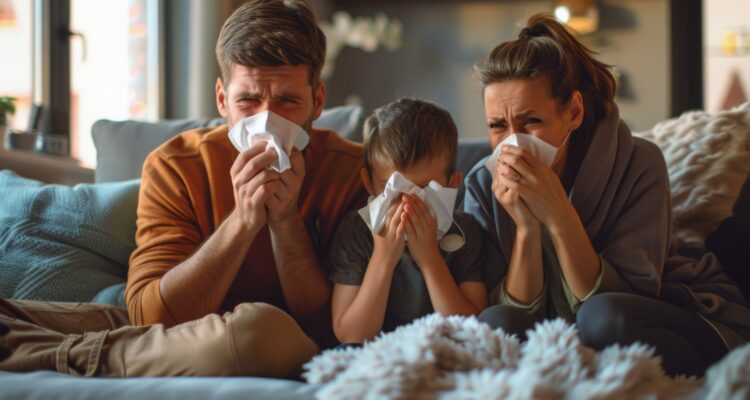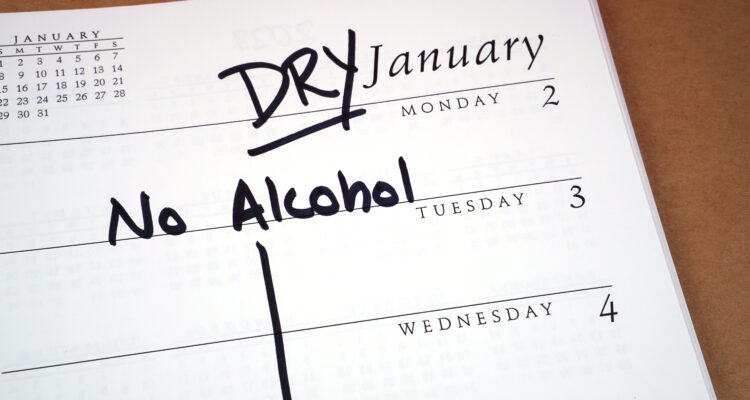Mental Health Awareness Week 2025 is upon us, running from May 12th to May 18th, and this year’s theme is “Community.”
The Mental Health Foundation has chosen to highlight this theme for 2025 and use Mental Health Awareness Week to celebrate the power and importance of community. So, let’s take a look at 7 Ways to Build a Supportive Community For Your Mental Health. Here are some practical tips on how you can create your own.
Why Does Having a Community Matter?
In 2024, 7.8% of adults in the UK reported feeling lonely ‘always or ‘often’ [1].
Communities can provide a sense of belonging, safety, and support during challenging times. Surrounding yourself with a supportive community can remind us that we are not alone and offer us a sense of purpose. Here are some key benefits:
- Purpose and Meaning: Communities give us meaningful roles, whether through helping others or working toward shared goals. Feeling useful and appreciated can boost our confidence and mental wellbeing [2].
- Reduced Stress and Anxiety: Knowing you have people who care about you, can make challenges feel more manageable and offer comfort during hard times.
- Stronger Social Connections: Positive communities can encourage open communication and support, reduce loneliness and build lasting relationships.
- Improved Self-Esteem: When we’re encouraged to grow, learn, and achieve personal goals, our confidence and self-worth should naturally increase.
- Support and Safety: A reliable support system can make tough situations feel less overwhelming and means that help is more readily available.
- Increased Happiness: Feeling connected and a part of others’ lives can bring you fulfilment, satisfaction, and joy.

How to Build a Mentally Healthy Community
If you aren’t part of one already, creating or joining a supportive community is a great way to improve your mental health. Here are some practical ways to build a mentally healthy community – whether you’re at work, school, or in your local area:
1. End the Stigma
Educating people about mental health reduces stigma and encourages open conversations. If you want to start a mentally healthy community, try chatting about mental health with people you know. For example, “I’ve been reading about mindfulness and how it helps with stress. Have you ever tried it?” Start conversations that encourage open discussions about topics you or others might find helpful.
2. Organise Regular Events
Community events build bonds and give people something to look forward to. Make sure they are casual and low pressure, so you don’t add to people’s stress. Making them charitable or something that helps the community are even more rewarding. Things you could consider are:
- Macmillan coffee mornings – find ‘how to guides’ on the Macmillan website.
- Game nights – either at your own house or a local pub. Find out how!
- Country walks – here’s a guide on how to plan a route.
- Litter picking – Check out the local litter picking organisations in your area.
- Book club – The National Literacy trust have some great tips on how to start.
3. Promote Creative Activities
While you are organising events, consider something creative. A recent study by the arts council stated one in four brits say they haven’t had the opportunity to do anything in the creative arts space since they left school. And a whopping 93% of brits reported that having the freedom and space to be creative is important to their wellbeing.[1] An open mic, poetry reading, art class or writing group could connect you to people you didn’t even know had hidden talents. These activities can foster connection without needing ‘heavy conversation’.
Here’s some tips on how you can organise a creative event:
- Find a Venue: Book a space like a pub, library, arts centre, or cafe that can host your night. Sites like VenueScanner or Spaces for Creatives can help you with ideas.
- Decide on Your Format: You will probably want to have a host or emcee to keep the evening flowing. You could offer a theme to your attendees to help the creativity along, like ‘Nature’ or
- Equipment: Source your microphone or amps for performances or art supplies. You can ask people to bring their own or contribute some money to buy some beforehand.
- Promote Your Event: Post posters and flyers in local shops and cafes to make people aware of your event. You can also list it online with Eventbrite, Skiddle, and Facebook Events.

4. Advocate for Mental Health in Local Policies
In the UK, advocating for mental health through local politics can have a real impact, especially as many mental health services and support networks are shaped at the local authority level.
- Find out who represents you on your local council using the uk councillor search tool.
- Reach out via email or at local public meetings to raise concerns or ideas about mental health services in your area.
- Encourage your local council to: invest in community-based mental health services, support initiatives and prioritise early intervention and prevention programs.
5. Educate Yourself
Take a free mental health first aid course. You can do this as part of your job and it’s government funded. Or there are lots of other free resources online, through MIND or similar mental health charities. This will make you feel prepared and empowered to support others and spot early signs of problems in others.
6. Create a Bulletin Board (Virtual or Physical)
Create a shared list or bulletin board somewhere everyone can access it. This could be a Facebook Group, or a board in a local library. Place information on there about local therapists, crisis lines people can call and signpost your community events!
7. Take care
It’s important to recognise that not all communities are safe or supportive. If a community makes you feel negative about yourself, promotes hate or discrimination, or puts you in danger, it can seriously harm your mental health and wellbeing.
Make sure you only get involved with safe and positive groups, which make you feel valued, respected, and accepted for who you are. Trust your instincts, and don’t be afraid to step away from spaces that feel harmful or draining
For more information on Mental Health Awareness Week and how you can get involved, visit the Mental Health Foundation’s website.
If you enjoyed this article, check out our blog on Stress Management for Healthier Life.
Get a car insurance quote from Vavista today!
[1] Mental health statistics UK 2025 – Priory
[2] Mental Health Awareness Week | Mental Health Foundation
[3] https://createarts.org.uk/vast-majority-of-brits-think-creativity-is-important-to-wellbeing-new-study-finds/
Disclaimer: Articles are for general information only – customers should always seek their own independent advice. Vavista is not affiliated with the organisations/businesses mentioned and does not recommend or endorse any of the included products or services. For more information, click here.



